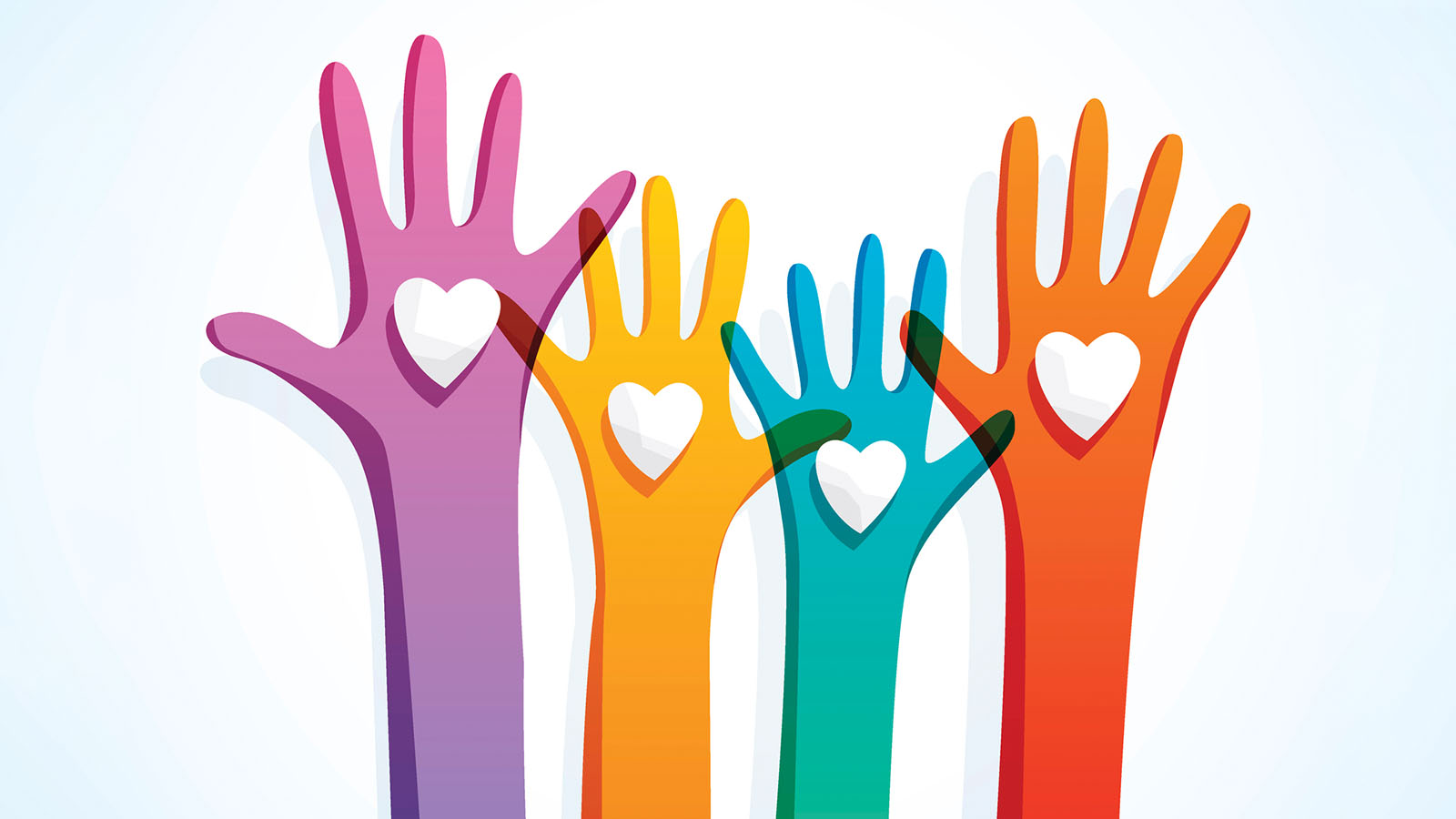
While there is apparent evidence that individual philanthropic behavior and the motivations for this behavior are at least to some extent universal, there is also evidence that people across the world do not equally display this behavior.
In this conceptual article, a study of philanthropic behaviors from a global perspective is seeked. I contend that the macro-level study of philanthropy is underdeveloped, because of three problems intrinsic to the study of global philanthropy: problems with geographical orientation, connotations and definitions. As a first step to overcome these problems, I suggest the use of the term generosity behavior over philanthropic behavior, as this term appears more inclusive of the multitude of definitions and connotations across cultures. I conclude by formulating a collaborative research agenda for a more inclusive study and understanding of global generosity behavior, focused on generating publicly accessible knowledge and informing policy.
Across cultures, people display a wide range of philanthropic behaviors, including cooperating in public good games, benefiting others through volunteering, giving money and helping strangers. Research thus shows that philanthropic behavior is—at least to some extent—universal. Research across different disciplines also supports the idea that there is some universality in the individual motivations for this behavior. People across cultures experience a “warm glow” of giving. This is supported by the recent meta-analyses of functional magnetic resonance imaging (fMRI): When contributing to others, areas in the brain related to reward processing light up. In another recent meta-analyses, show the influence of personality traits on prosocial behavior and conclude that traits related to the unconditional concern of others’ welfare (such as social value orientation, altruism, concern for others and empathy) are more strongly correlated with prosocial behavior in economic games.
Only when high-quality data about the changing (institutional) context for generosity behavior are available,researchers will be able to study the implications of interventions intended to stimulate global generosity. And only then, they will be able to contribute to development of societies where people are more inclined to display generosity behaviors with the aim to contribute to improved societal outcomes for everyone.
Copyright © 2020 Pamala Wiepking
Image: prostaff.com
Publication date: October 9, 2020
Independent media and does not necessarily represent the view or opinion of arab.org
Learn about about NGOs supporting youth in MENA
MENA’s first free click-to-donate platform – you click, we donate





Copyright © 2024 The Olive Tree SAL, all rights reserved. Terms of Use | Privacy Policy